The week's good news: January 30, 2020
It wasn't all bad!

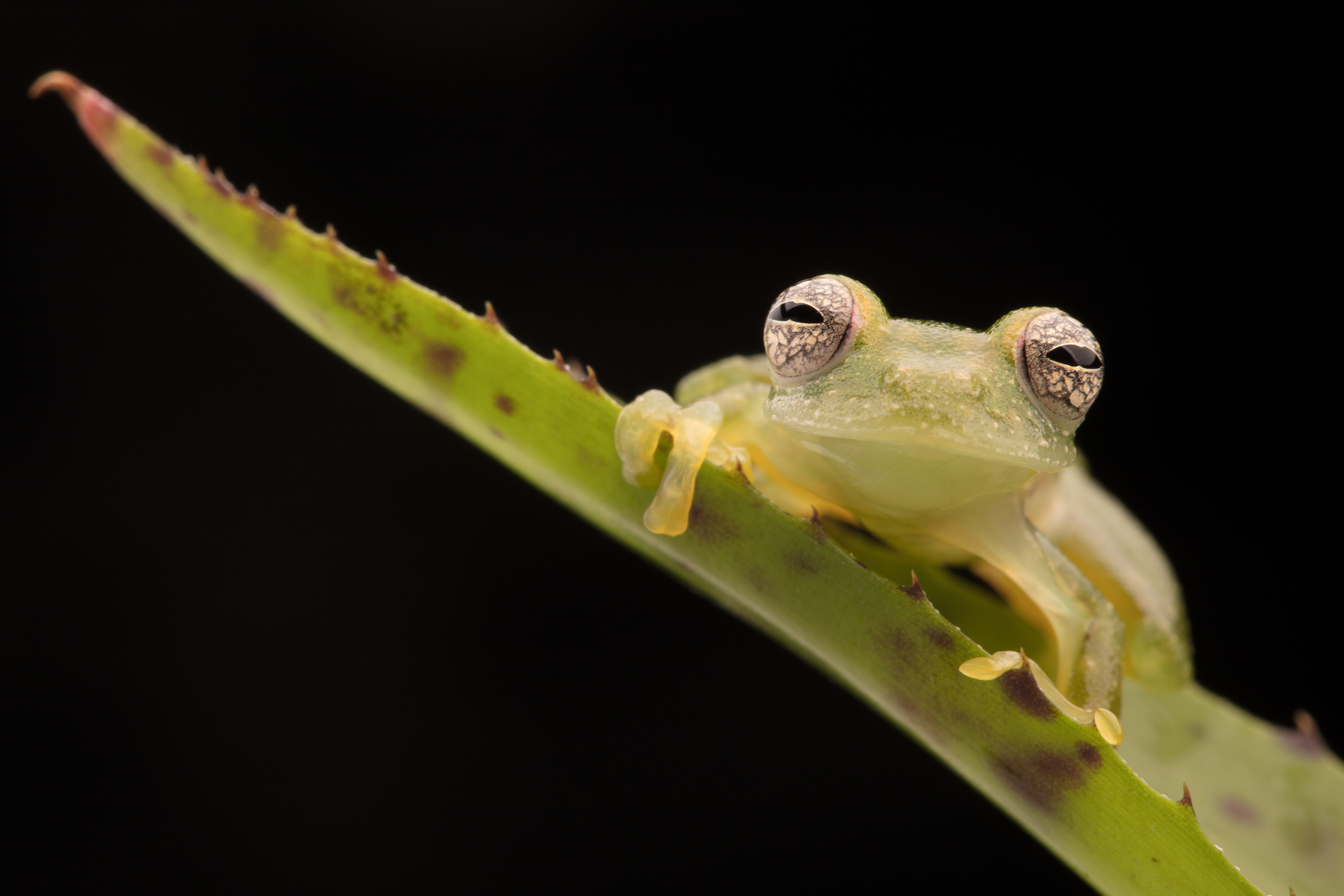
- 1. Rare species of frog with translucent skin spotted in Bolivia
- 2. Teachers jump into action when student's mom delivers baby at school
- 3. Vienna will reward people who forgo cars with free concert tickets
- 4. Brothers launch nonprofit to bring blankets and hope to the homeless
- 5. Scientists release highest resolution images of the sun ever taken
A free daily email with the biggest news stories of the day – and the best features from TheWeek.com
You are now subscribed
Your newsletter sign-up was successful
1. Rare species of frog with translucent skin spotted in Bolivia
Researchers in Bolivia were ecstatic when they stumbled upon a rare type of frog last seen nearly two decades ago. Earlier this month, scientists went to the Carrasco National Park to rescue amphibians and reptiles whose habitat is threatened by a hydroelectric project, BBC News reports. While on their expedition, they discovered three rare Bolivian Cochran frogs, a species that hasn't been spotted in 18 years. These "glass frogs" have translucent skin that reveals their internal organs, weigh only 70 to 80 grams, and measure 19 to 22 millimeters. They are found in Central and South America. "The rediscovery of this species fills us with a ray of hope [not only] for the future of the glass frogs, one of the most charismatic amphibians in the world, but also for other species," researchers told AFP. The frogs now live in an amphibian conservation center, where scientists are optimistic they will soon start breeding.
2. Teachers jump into action when student's mom delivers baby at school
Teachers really are prepared for anything. Last week, Amberlynn Balli, Valentina Davalos, and Erica Beverly — all teachers at IDEA Bluff Springs Elementary School in Texas — were leaving an assembly when they learned a student's mom, Janet Karina Soto-Rodriguez, had just delivered a baby inside the women's bathroom. Balli called 911, while Davalos took the baby and began cleaning her mouth and nose and rubbing her back to make her cry. As Beverly attended to Soto-Rodriguez, other teachers who gathered outside the bathroom helped by running across campus to get supplies like blankets and gloves. After about 10 minutes, an ambulance arrived and took Soto-Rodriguez and the baby to the hospital. The teachers went back to their classrooms, and were relieved when they received word Soto-Rodriguez and her baby, Andrea, were happy and healthy. Soto-Rodriguez told Good Morning America that one day, she'll tell Andrea she "came ready to tackle this world."
The Week
Escape your echo chamber. Get the facts behind the news, plus analysis from multiple perspectives.

Sign up for The Week's Free Newsletters
From our morning news briefing to a weekly Good News Newsletter, get the best of The Week delivered directly to your inbox.
From our morning news briefing to a weekly Good News Newsletter, get the best of The Week delivered directly to your inbox.
3. Vienna will reward people who forgo cars with free concert tickets
Walk, ride a bike, or hop on a bus in Vienna, and you could be closer to a free concert or trip to a museum. On Monday, the city launched a new app that tracks users' modes of transportation. It calculates the amount of carbon dioxide (CO2) savings in comparison to driving a car, and once users save 40 pounds of CO2, they receive one "culture token." Tokens are then exchanged for free tickets to participating cultural institutions. "We want to reward CO2 reduction with a cultural experience," said Peter Hanke, a member of the Vienna City Council. Right now, the app is being tested by 1,000 people, but if the trial is successful, it will open to the broader public in the fall, AFP reports. Austria's goal is to be climate neutral by 2040.
4. Brothers launch nonprofit to bring blankets and hope to the homeless
What started as a family project is now a global nonprofit that aims to spread kindness. A few winters ago, brothers Mike and Nick Fiorito took a break from starting their own business to raise money to buy blankets for the homeless. They posted a video online, and soon, donations came flooding in and a venture capitalist offered mentorship and financial support. Nick and Mike realized their business could be a nonprofit, and Blankets of Hope was born. Blankets of Hope teams up with schools in the U.S., Canada, and Mexico, sending blankets for students to deliver to local shelters. The kids also write messages of encouragement that are attached to the blankets. The goal is to deliver one million blankets by 2025.
A free daily email with the biggest news stories of the day – and the best features from TheWeek.com
5. Scientists release highest resolution images of the sun ever taken
The future is looking bright for solar physicists. On Wednesday, scientists released the highest resolution images and videos ever taken of the sun's surface, produced by the National Science Foundation's Daniel K. Inouye Solar Telescope on the summit of Haleakala in Maui. Space weather can affect life on Earth by interfering with satellites and power grids, and the telescope "will improve our understanding of what drives space weather and ultimately help forecasters better predict solar storms," National Science Foundation Director France Córdova said. David Boboltz, program director in the National Science Foundation's division of astronomical sciences, said the telescope "will collect more information about our sun during the first five years of its lifetime than all the solar data gathered since Galileo first pointed a telescope at the sun in 1612."
Catherine Garcia has worked as a senior writer at The Week since 2014. Her writing and reporting have appeared in Entertainment Weekly, The New York Times, Wirecutter, NBC News and "The Book of Jezebel," among others. She's a graduate of the University of Redlands and the Columbia University Graduate School of Journalism.
-
 Quiz of The Week: 14 – 20 February
Quiz of The Week: 14 – 20 FebruaryQuiz Have you been paying attention to The Week’s news?
-
 The Week Unwrapped: Do the Freemasons have too much sway in the police force?
The Week Unwrapped: Do the Freemasons have too much sway in the police force?Podcast Plus, what does the growing popularity of prediction markets mean for the future? And why are UK film and TV workers struggling?
-
 Properties of the week: pretty thatched cottages
Properties of the week: pretty thatched cottagesThe Week Recommends Featuring homes in West Sussex, Dorset and Suffolk
-
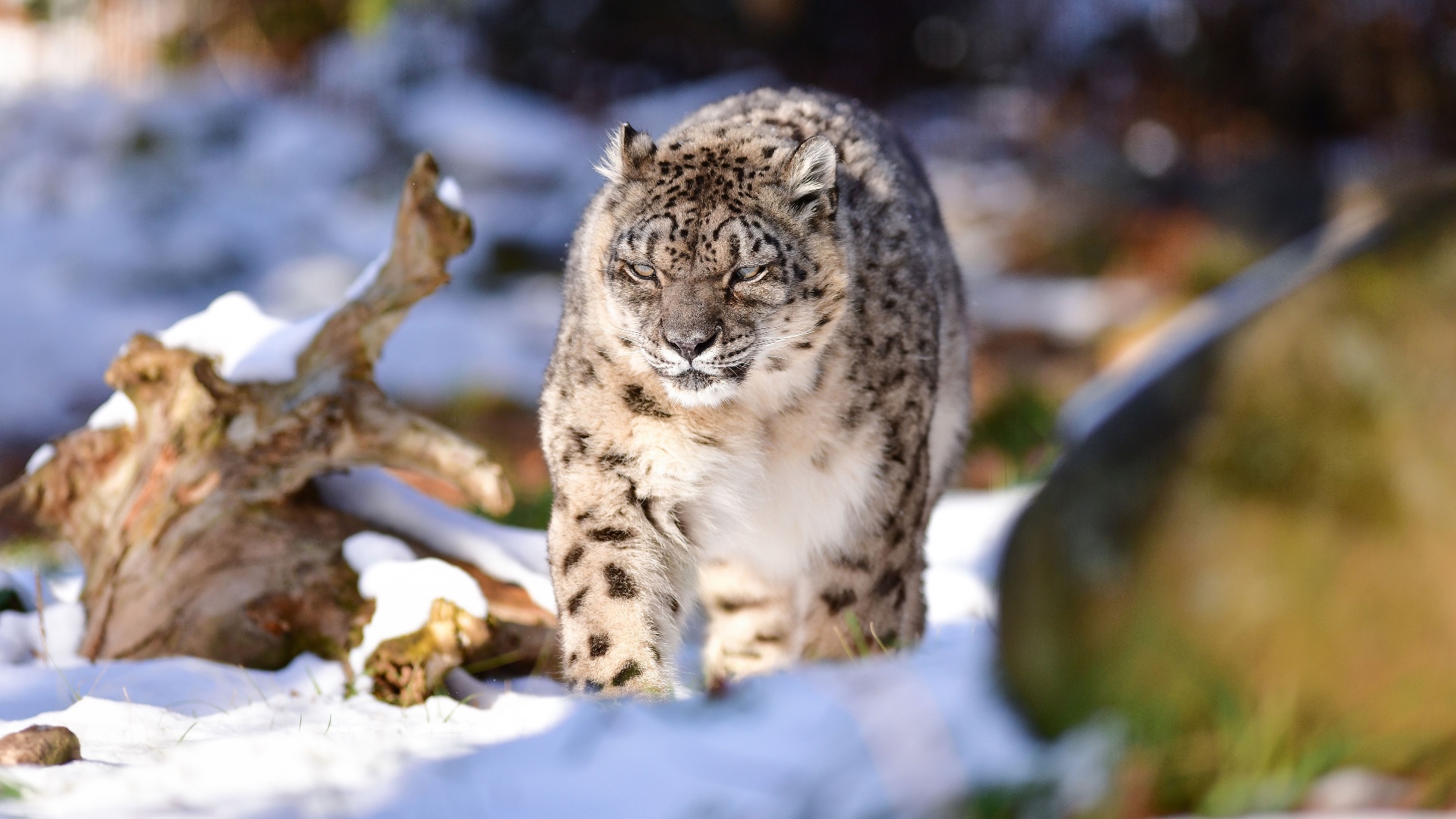 The week's good news: Sept. 21, 2023
The week's good news: Sept. 21, 2023It wasn't all bad!
-
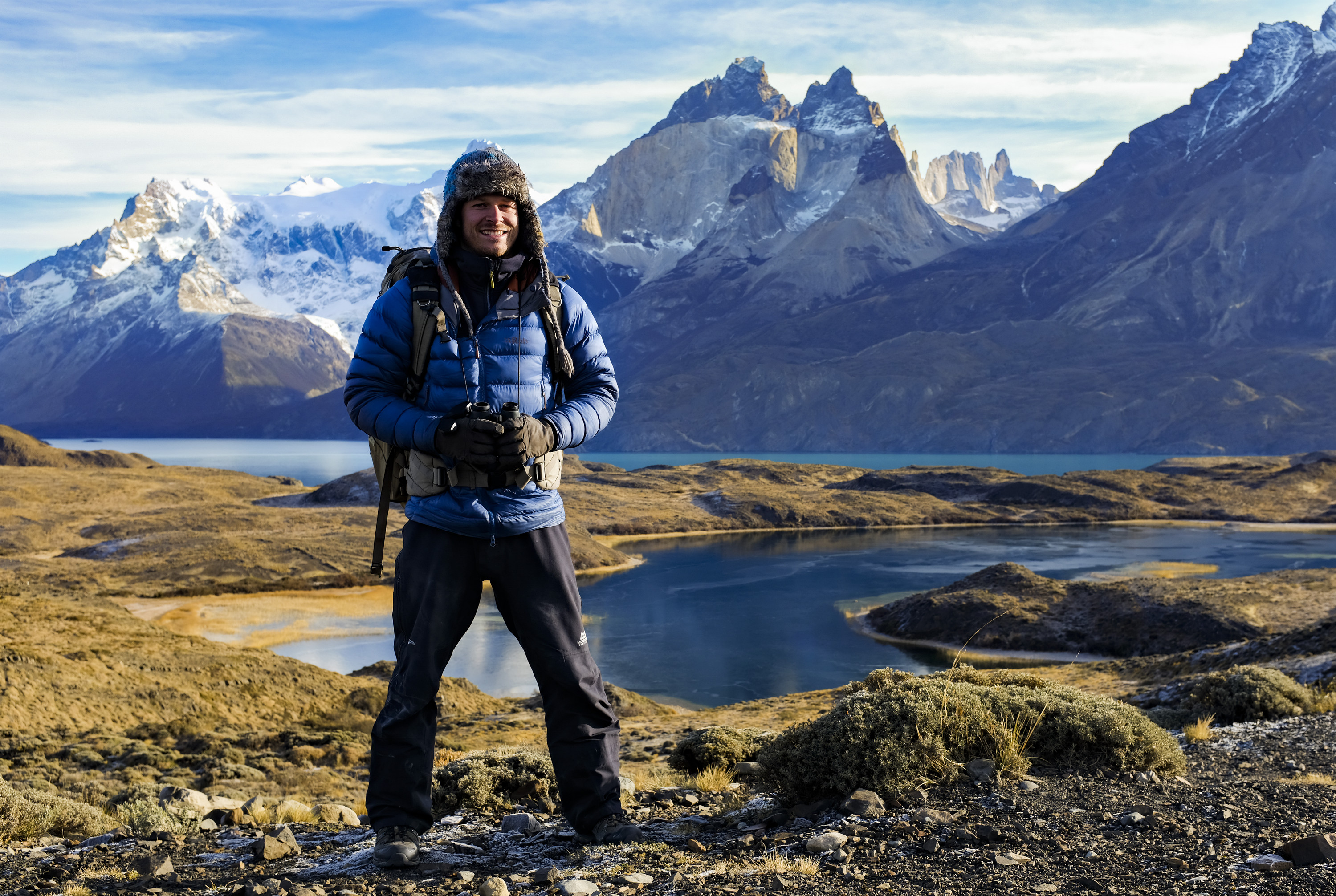 The week's good news: Sept. 14, 2023
The week's good news: Sept. 14, 2023It wasn't all bad!
-
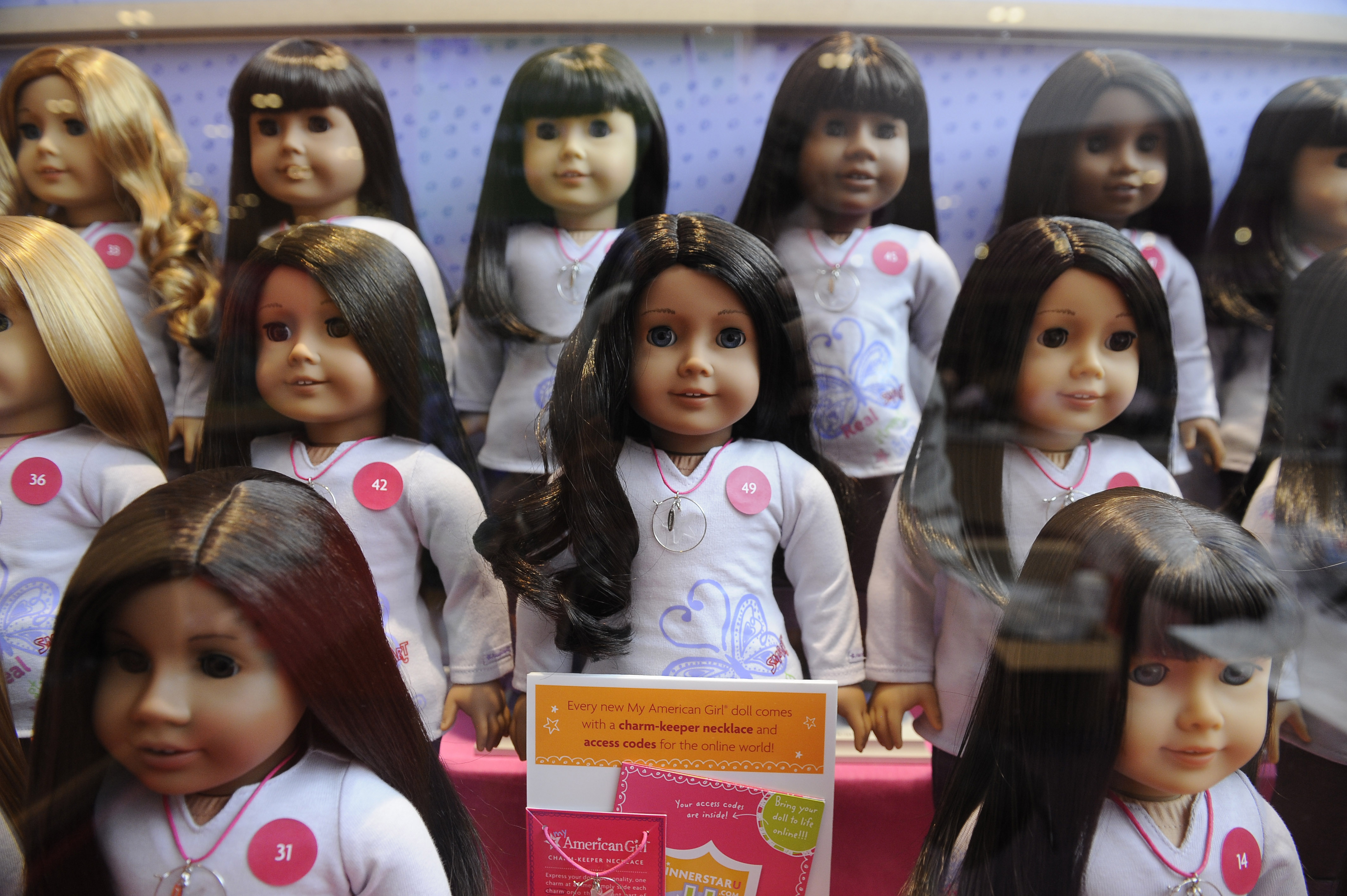 The week's good news: Sept. 7, 2023
The week's good news: Sept. 7, 2023feature It wasn't all bad!
-
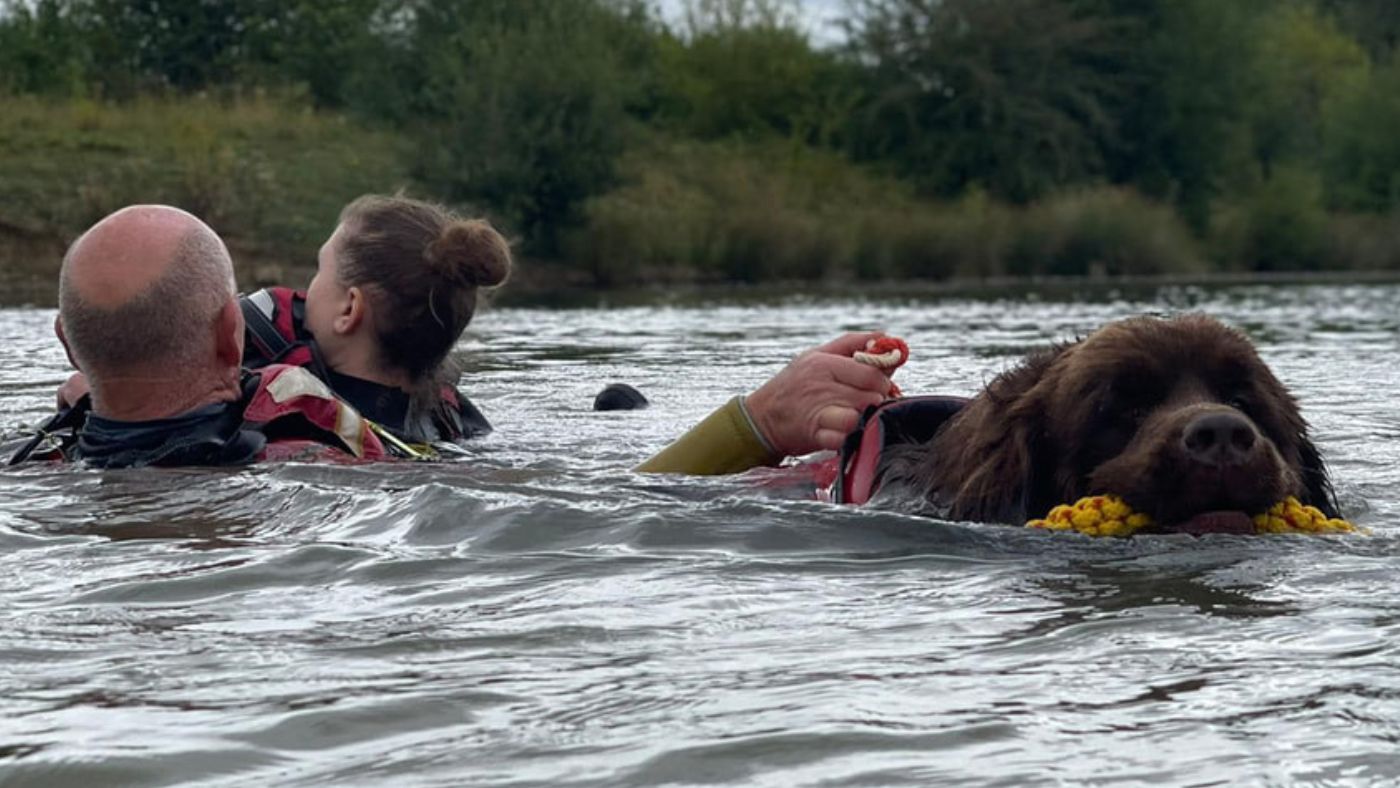 Lives transformed by swimming with Newfoundland dogs
Lives transformed by swimming with Newfoundland dogsfeature Good news stories from the past seven days
-
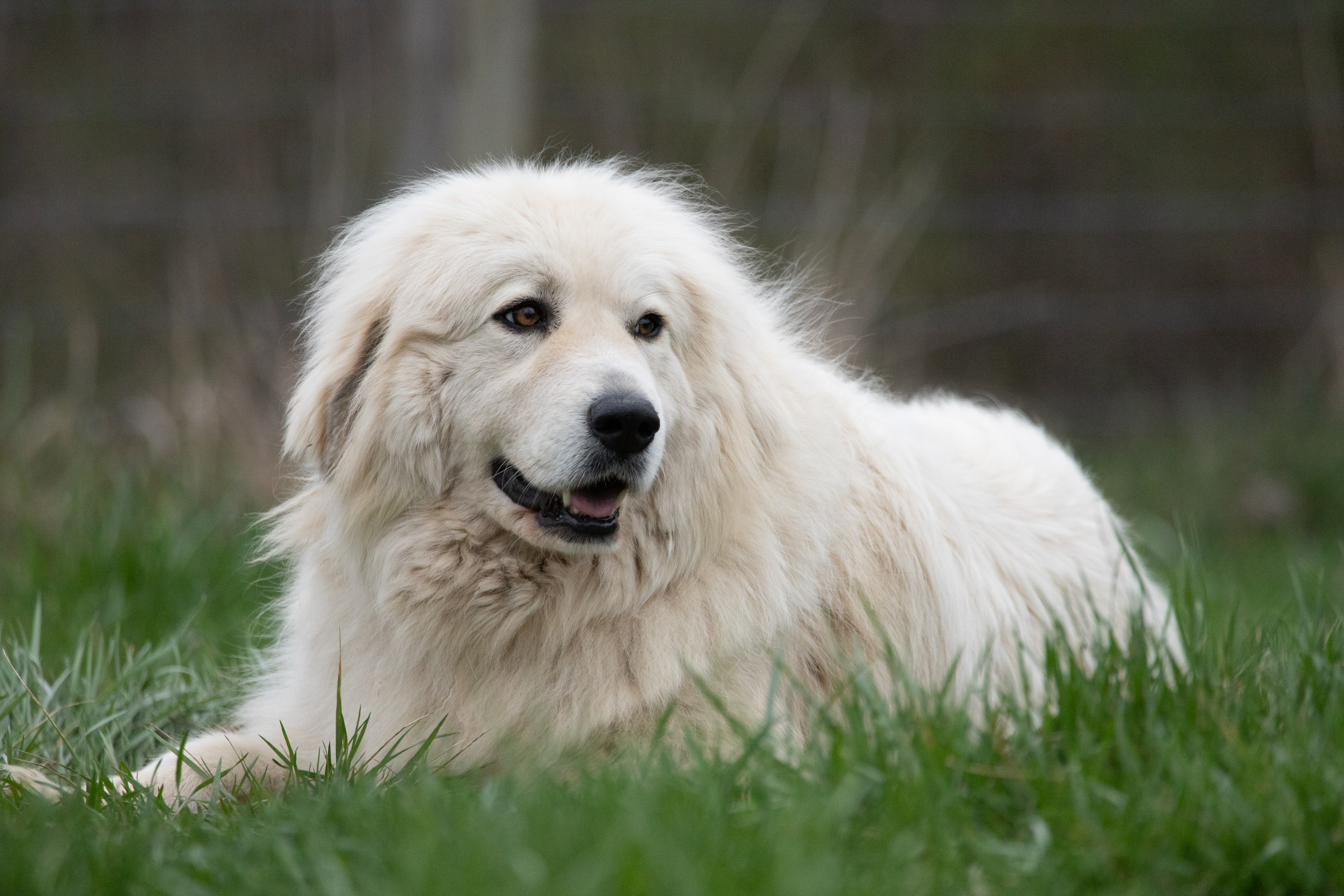 The week's good news: August 31, 2023
The week's good news: August 31, 2023feature It wasn't all bad!
-
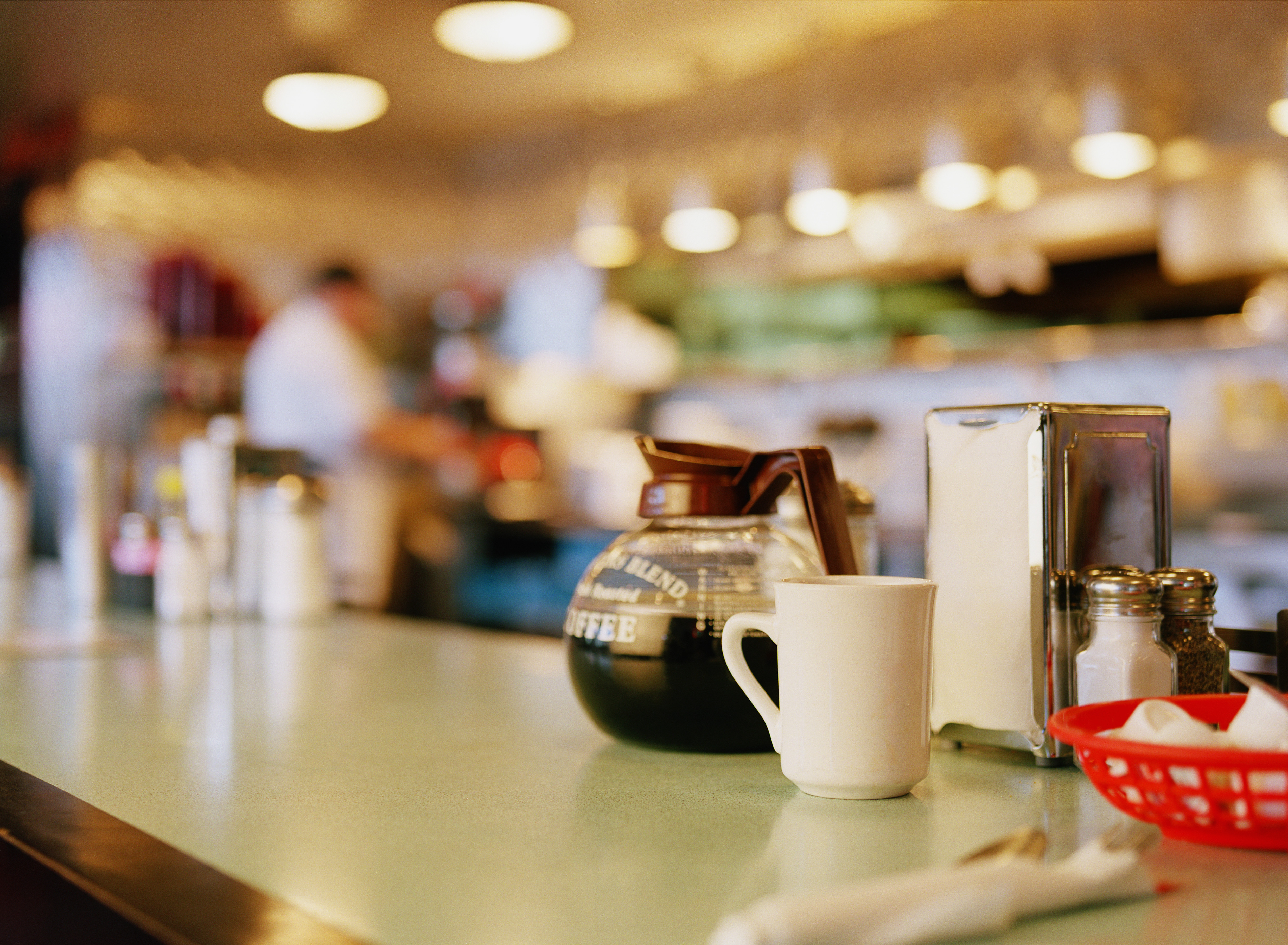 The week's good news: August 17, 2023
The week's good news: August 17, 2023feature It wasn't all bad!
-
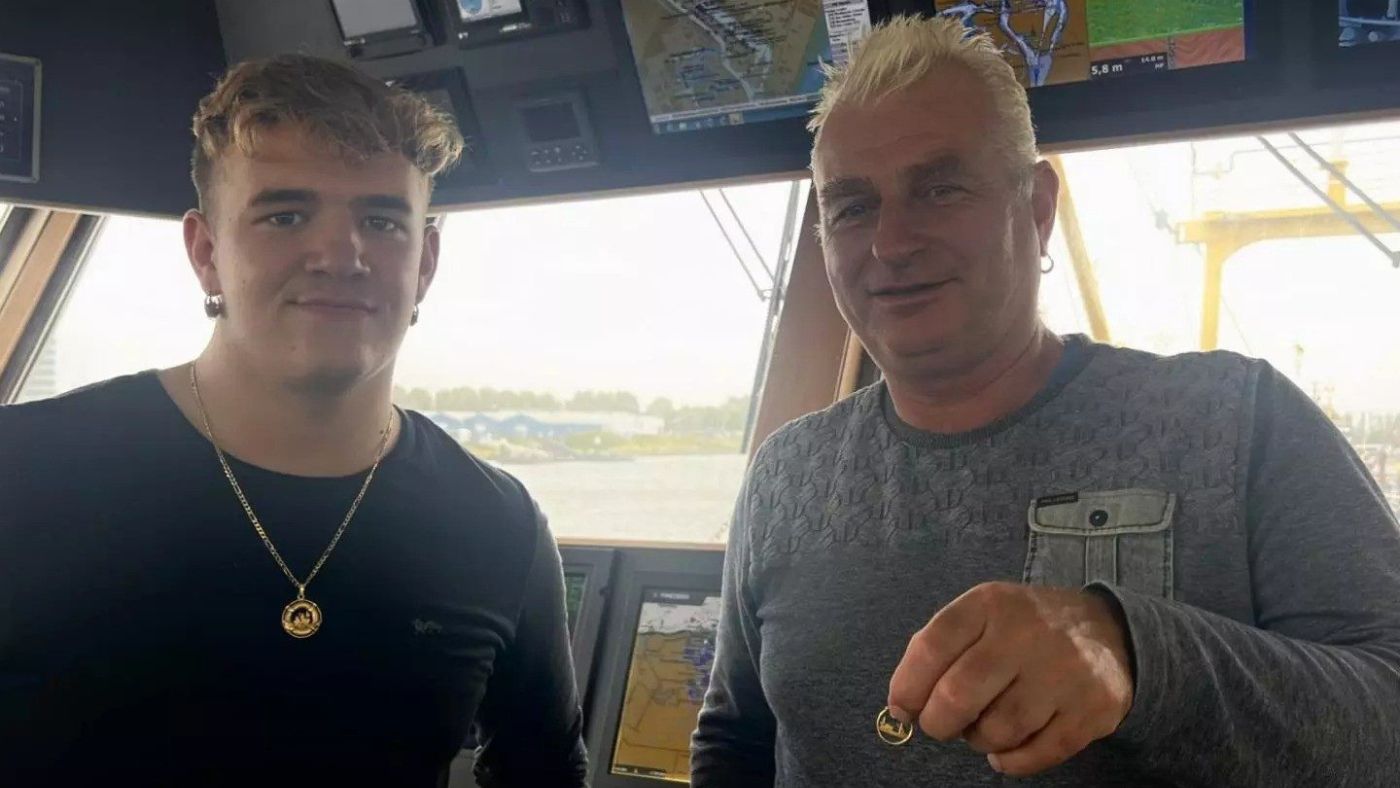 Earring lost at sea returned to fisherman after 23 years
Earring lost at sea returned to fisherman after 23 yearsfeature Good news stories from the past seven days
-
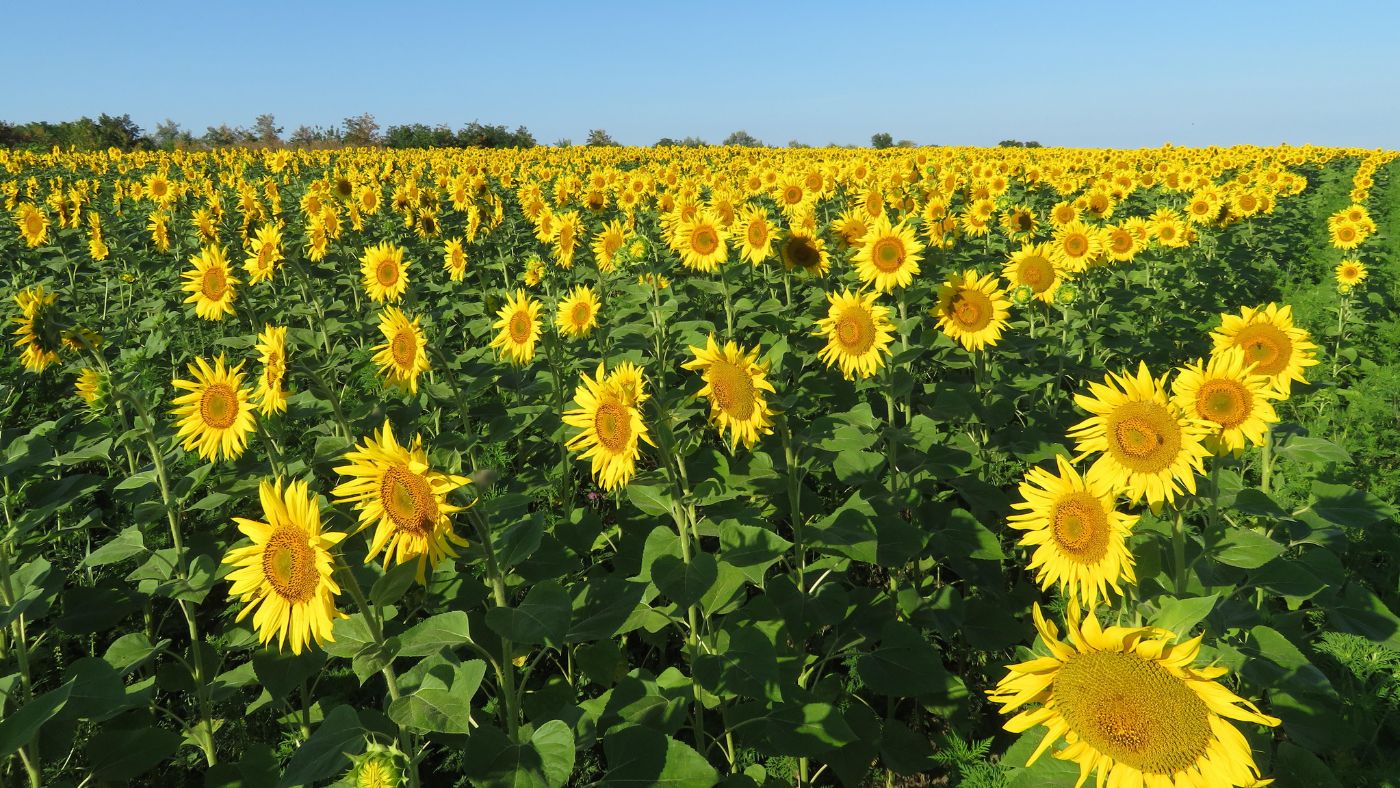 Farmer plants 1.2m sunflowers as present for his wife
Farmer plants 1.2m sunflowers as present for his wifefeature Good news stories from the past seven days
